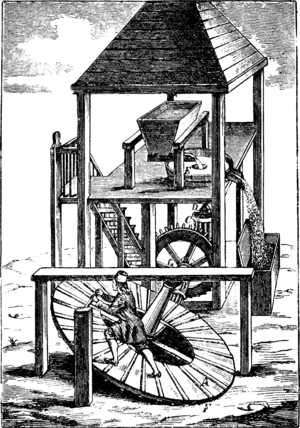By Margaret Gallagher, BSN, RN. Margaret is a cardiovascular nurse currently working in Georgia. Her last post for this blog was “Return on Investment: A Mother Makes Her Wishes Clear.”
Usually, it’s nice to share stories among friends you haven’t worked with in a while. However, I haven’t been able to let go of one such recent conversation.*
“You want to know what really burns me?” asked Lisa, a long-time nurse, as I sipped my coffee. “The rumors had been going around for a while that the residents get an incentive if the patients’ coag levels stay within therapeutic range. You know that John and I go way back; I decided to just flat out ask him.”
I listened attentively, expecting that Lisa and John’s friendship wouldn’t keep the attending MD from laughing her out of the ICU for this one.
Lisa glowed like an electric oven coil. “John told me it was true, and with a straight face! How dare they! All the residents do is click on ‘heparin protocol’ in the computer when the patient’s admitted. We draw the labs, follow the protocols, and titrate the drip around the clock until the patient is transferred, but they get the bonus. Does that stink or what?”
I couldn’t help but think back to my very first code. It was three states away and nearly three decades ago. For those who’ve never worked in a teaching hospital, July is when the interns, residents, and fellows promote up to their next year’s tasks. In our surgical step-down unit, that meant that the intern paged to the code had been employed as a doctor for all of 36 hours. He appeared, breathless from the stairs, at the code already in progress. Turning to Penny, the charge nurse, he gasped, “I’ve never done this before.”
Penny calmly handed him the chart, open to the orders pages, and her pen. “Write down everything I say as a list,” she replied. Penny ran the code from start to finish, successfully resuscitating the patient. The intern thanked us, signed “his” orders, and left the unit (with her pen).
A few years ago, I told a friend in the legal profession about refusing to give an inappropriate med that a resident had ordered. Candice was shocked to learn that the nurse is liable for anything she/he does; having a doctor’s order doesn’t absolve the nurse of the responsibility to be sure it’s the right thing for the patient.
Nurses are the front line of care and last line of defense for every patient we encounter. We’ve worked hard to be recognized for what we are and what we do. Yet we continue to be perceived as little more than the IV pumps and LVADs we monitor. Like runners on a treadmill, we’ve poured our energies into the effort, but has it really gotten us anywhere?
*Names have been changed to protect the innocent and the guilty.


All of this is true. I did not become a nurse for the attention or glory. I am a nurse to be the person who helps the patient towards wellness. It’s way more fun and satisfying than writing orders or clicking a box. YOU know who makes a difference. Isn’t that enough?
Ten years ago my neurologist asked if I’d like to be included in a study to test a new migraine medication. I was offered a coupon for a free rental at the local video store. I was the one taking the risk, but I’ll bet he got something much more enticing than that, just for recruiting me. I realize that they are not exactly equivalent stories, but physicians continue to be the ones with the power and the glory, while all around them someone else, including most of the nursing staff, is doing much of the real work.